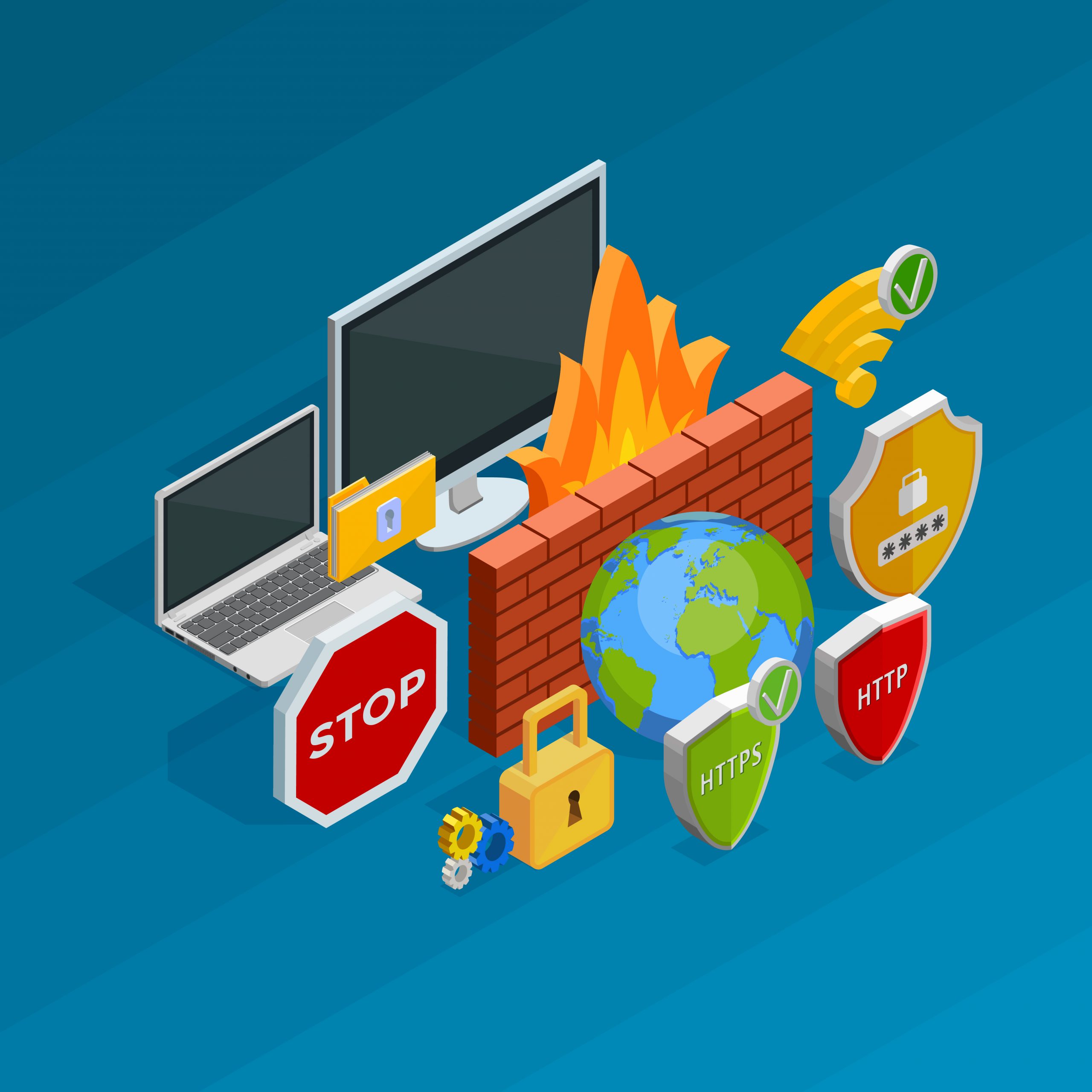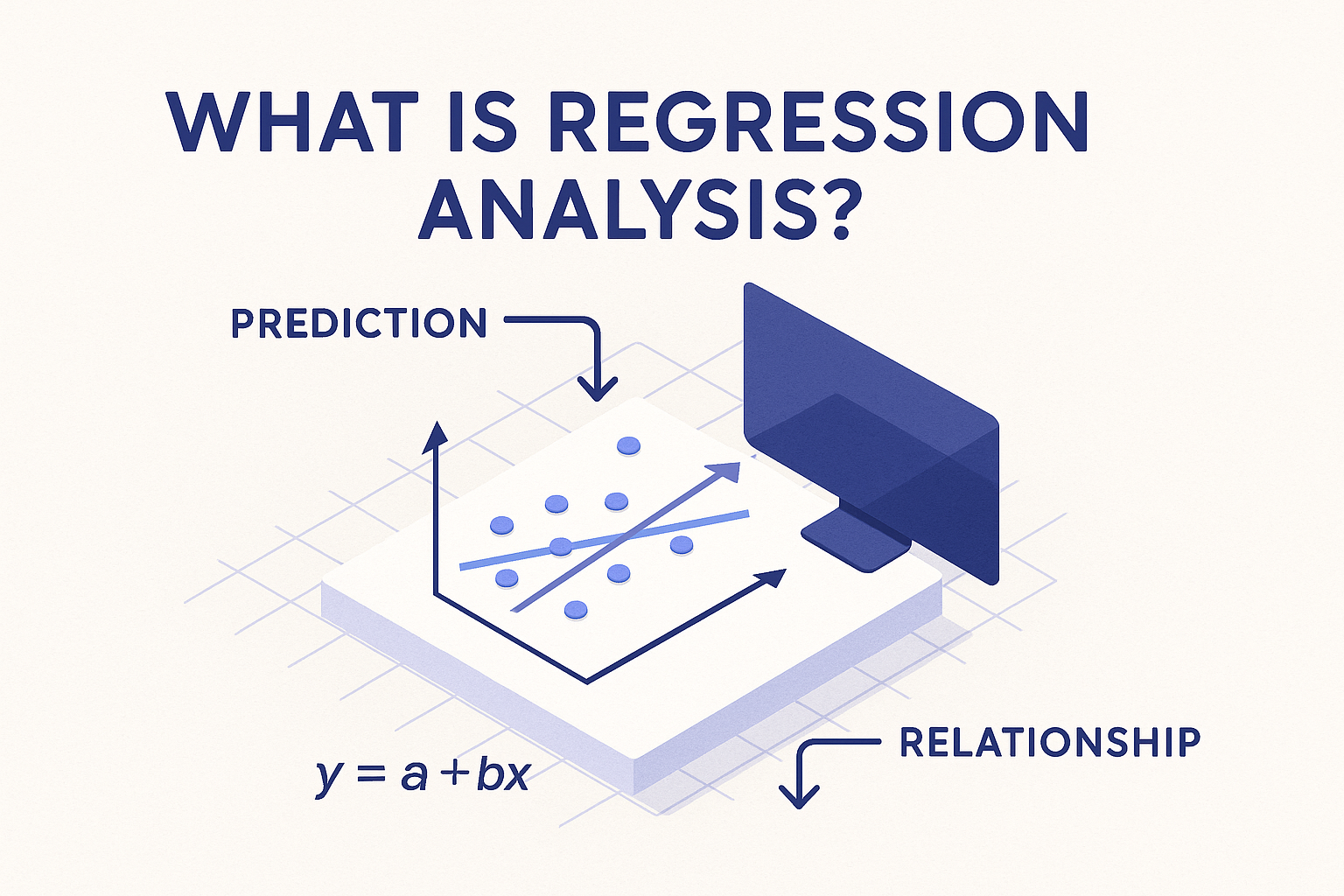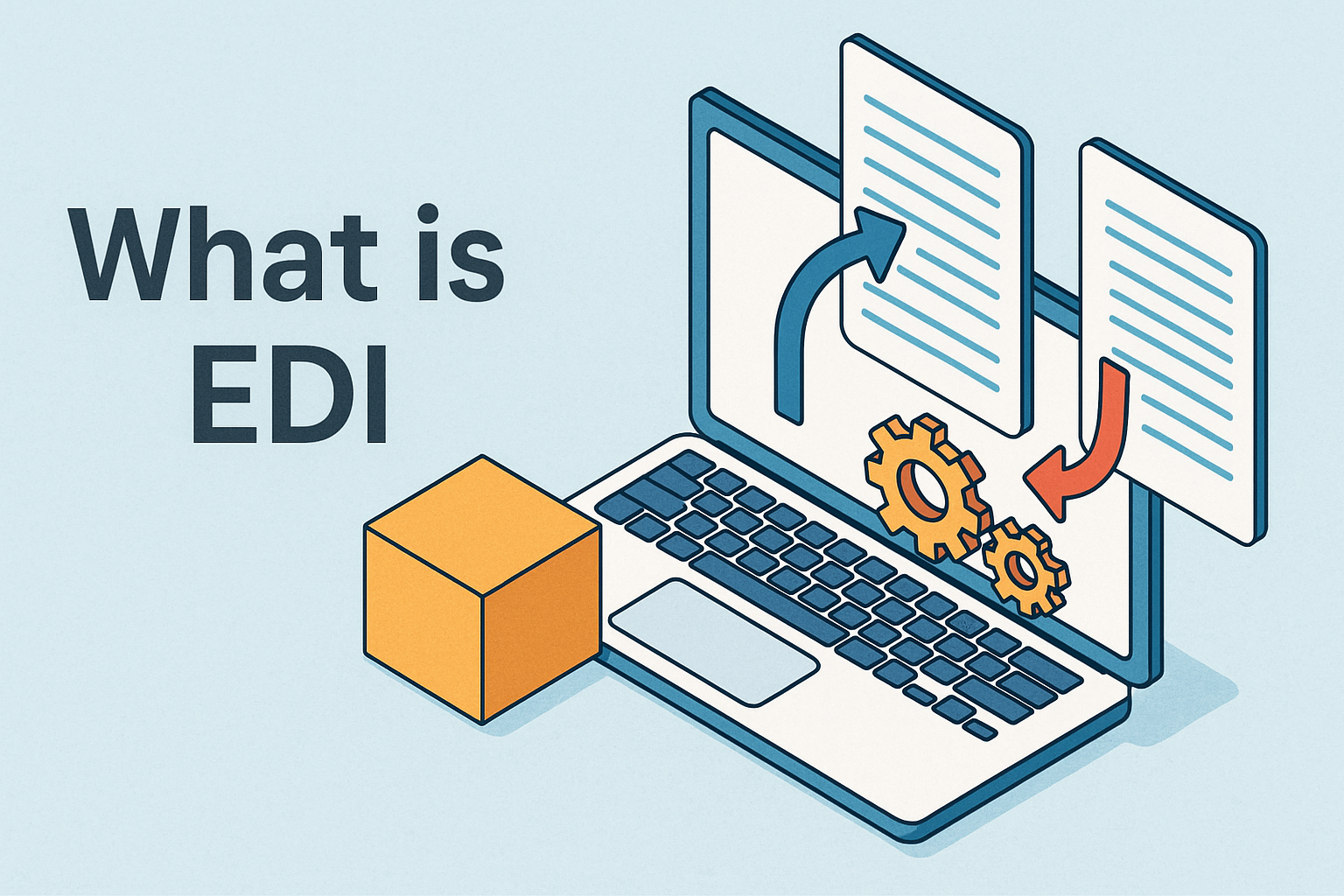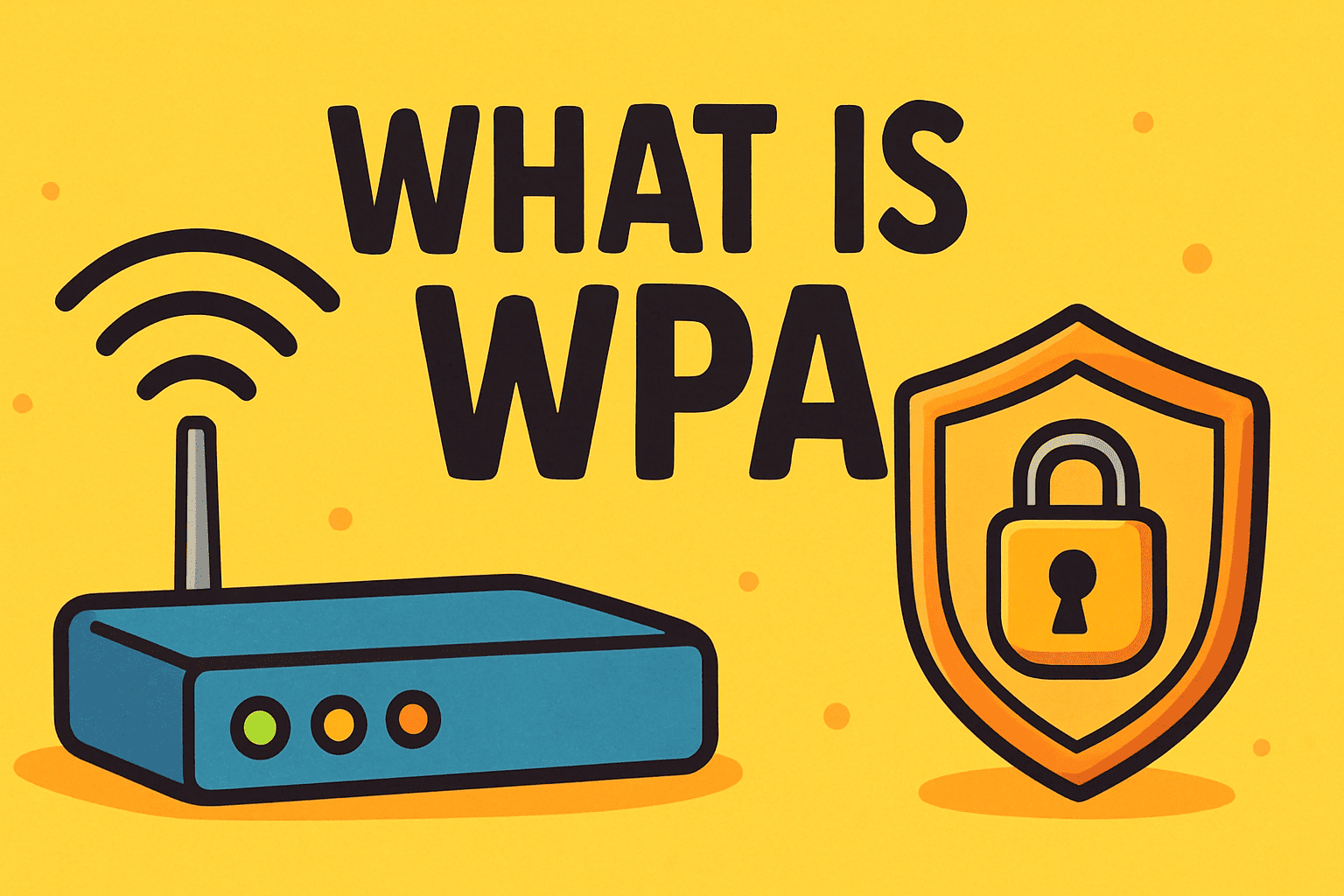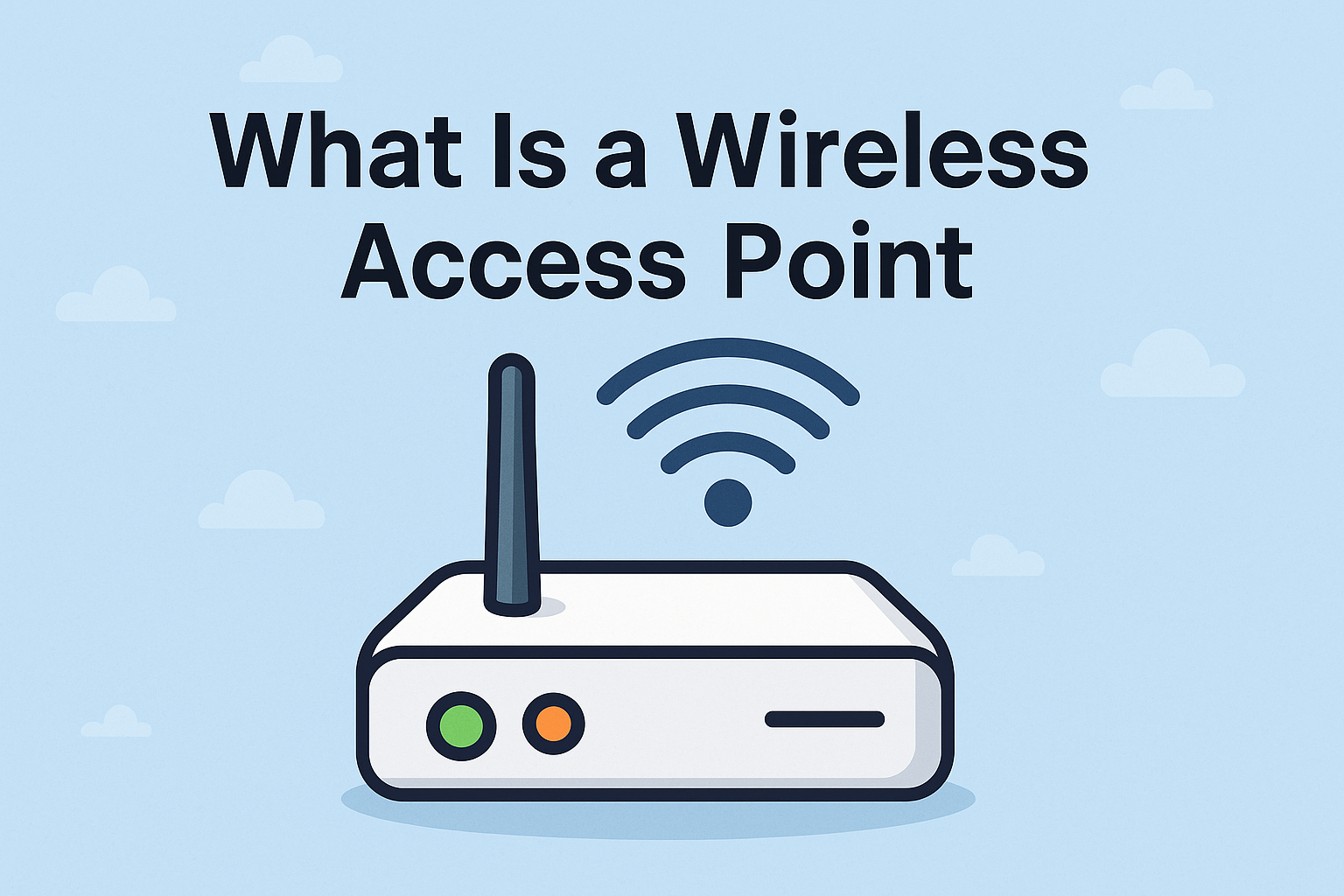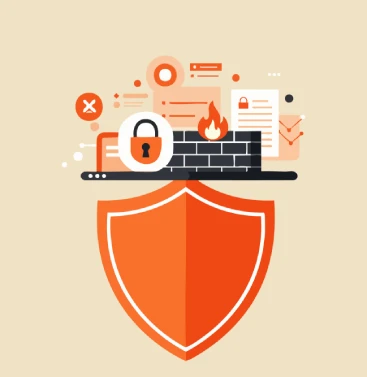What Is Ransomware?
Updated on October 11, 2022, by Xcitium

Exactly, what is ransomware? We hear about it a lot online that it’s only right for us here at Xcitium to discuss what it is. Ransomware is malignant software that’s designed to extort money from the people it impacts. Today, it’s one of the most creative business models specifically made to blackmail and corrupt both individuals and corporations. Usually, an on-screen notification appears, informing a user that a ransom has to be paid for their personal data and computing activities to remain untouched and not compromised. Only when the payment has been made will a user be able to use their computer again.
Failure to do so can result in their data being destroyed and their computer is inaccessible again. Furthermore, ransomware has the capacity to encrypt documents and to lock a computer screen.
For this article, we’re answering questions to “what is ransomware?”, “How to prevent ransomware?” and what strategies are best for ransomware removal.
What Is Ransomware And How Does It Work?
There are multiple vectors this specific malware can take to gain entry to computers. Phishing scams, one of the most popular delivery systems, is one of them. These are attachments that are sent to a user through an email, pretending to deliver a safe and trustworthy file. Once they’re stored on the computer, they can then take control over a user’s computer. What’s even worse is that many of these types no longer need a user to grant them administrative access. A lot of times, powerful forms of ransomware exploit security gaps to harm computers without needing to fool a user into giving them access.
As mentioned earlier, there are several things the malware can do once it takes over a computer, but the most popular move is to encrypt a user’s data until the money is released. Furthermore, only the attacker can decrypt someone’s files. Until then, one’s computing activities will remain hostage.
In some malware types, attackers can pretend to be people from the authorities, saying the computer bears piracy or illegal activity before demanding a fee. This tactic is usually resorted to, to make victims less likely to turn to professionals for help and counsel. Still, many attackers no longer bother to go that route, and demand for ransom straight up. Another direction many of these cyber criminals take is called doxware or leakware. What attackers do is to find sensitive data that are potentially damaging to the user and use these to blackmail them. But because extracting these kinds of information can be challenging and can take a while, encryption ransomware is the easiest way to attack a user.
What Is Ransomware: Who Does This Malware Target?
There are numerous ways cybercriminals choose their victims. Precisely because of this, it’s best to know malware removal strategies in advance. A lot of times, attackers target academic institutions solely because not too many universities and schools have a large IT team to take care of their database. Government and medical organizations make for perfect targets for attackers, too, since these are groups of people who are more likely to pay a ransom immediately because of the urgency of their data.
Still, don’t feel exempted from their usual victims just yet. Anyone can experience a ransomware attack, so it’s best to keep your guards up.
How To Prevent Ransomware
Now that we know the answer to “what is ransomware?” Let’s move forward to improving our ransomware removal strategy. Knowing how to prevent ransomware can spare you the emotional and financial stress this malware can bring, so keep the following pointers in mind:
Make sure your operating system is up-to-date. Doing so guarantees that your computer has fewer vulnerabilities to worry about—if not none at all.
Unless you know the ins and outs of the software you’re about to install, never grant it administrative privileges. One of the first things in understanding how to prevent ransomware is that it functions best and takes over your computer when you allow it to. Although many ransomware can function despite you not giving it access, allowing certain software administrative privileges can only increase your chances of an illegal takeover.
Never undermine the power of a credible and effective antivirus subscription, enterprise, or otherwise. Not only will this lessen your chances of any digital attacks, but an antivirus program will also work to make sure your computer functions optimally and efficiently.
Ultimately, we have the power to steer clear from ransomware. When we up our ransomware removal and prevention efforts, we better control the fate of our computing activities and our data.
If you’re unsure about the privacy of your computer, sign up with Xcitium Cybersecurity today!



